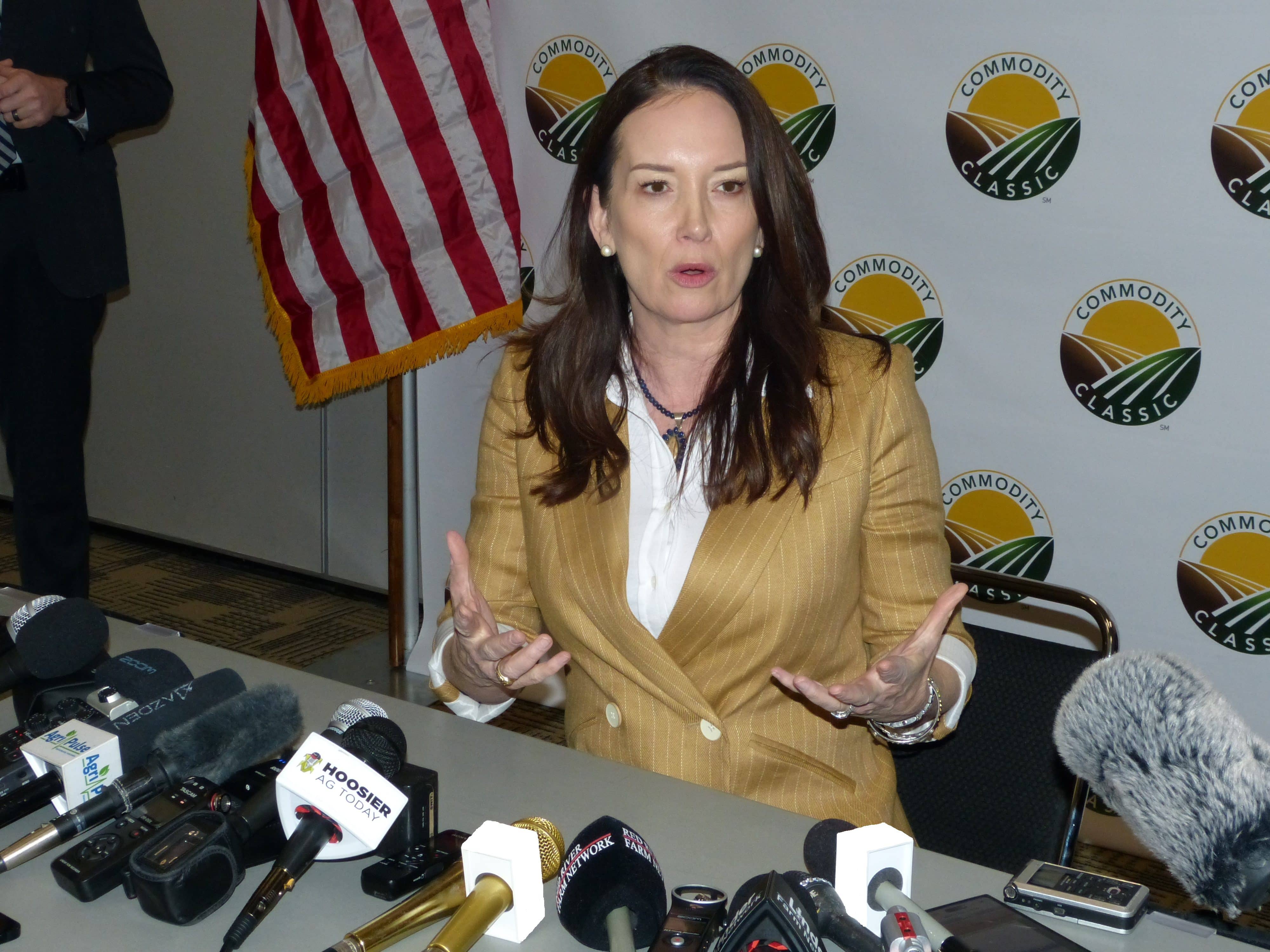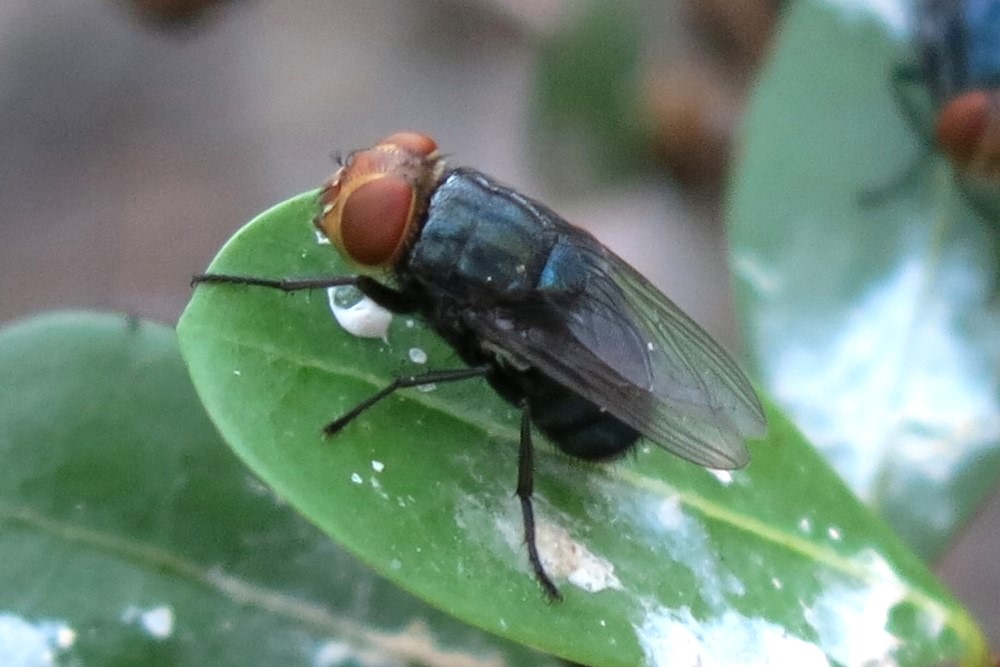USDA Secretary Rollins Tells Mexico to Strengthen Response to New World Screwworm or Face Trade Restrictions

U.S. Secretary of Agriculture Brooke Rollins has warned Mexico’s head of agriculture if their country fails to strengthen their response to stop the spread of the New World Screwworm and cooperate with USDA officials, the U.S. will again suspend the import of their cattle and other livestock.
In a letter sent to Mexico’s Secretary of Agriculture, Rollins has set a deadline of April 30 for Mexico to address the issue, or “USDA will restrict the importation of animal commodities, which consist of live cattle, bison, and equine originating from or transiting Mexico to protect the interest of the agriculture industry in the United States.”
Rollins is also demanding Mexico eliminate restrictions on USDA aircraft and waive customs duties on eradication equipment that are being used to contain the spread of the New World Screwworm, which is a deadly parasitic fly that infests warm-blooded animals, causing severe wounds and complications that can lead to death.

The name “screwworm” refers to the maggots’ (larvae) feeding behavior as they burrow into the wound of an infected animal, feeding as they go like a screw being driven into wood. The NWS maggots cause extensive damage by tearing at the hosts’ tissue with sharp mouth hooks. The wound can become larger and deepen as more maggots hatch and feed on living tissue. As a result, NWS can cause extremely painful, as well as serious, often deadly damage to the infected animal.
New World Screwworm had been found in the U.S., but a successful sterilization program that eradicated screwworms in the U.S. back was initiated in 1966. However, the pests have recently been spreading across Central America. Last November, screwworms were discovered a cow in the southern Mexico state of Chiapas, at an inspection checkpoint close to the border with Guatemala. That led USDA officials under the Biden administration to temporarily ban imports of cattle from Mexico into the U.S.
Buck Wehrbein, President of the National Cattlemen’s Beef Association, applauded the efforts by USDA and Secretary Rollins.
“The U.S. spent millions of dollars to eradicate New World screwworm from our borders in the 1960s but unfortunately, we are now facing this dangerous threat again,” said Wehrbein. “Screwworm is very destructive and could cost American producers millions of dollars a year if it reaches us. Americans have been investing in prevention efforts in Central America for decades, but we can’t stop this without Mexico’s participation. NCBA strongly supports Secretary Rollins holding Mexico to their commitments regarding screwworm eradication.”
